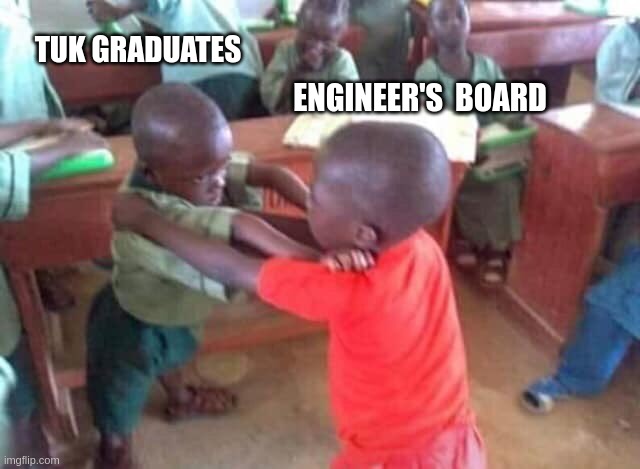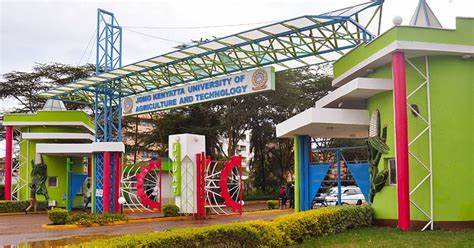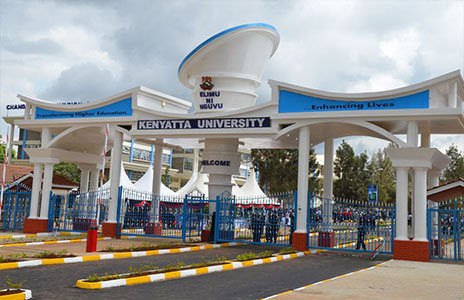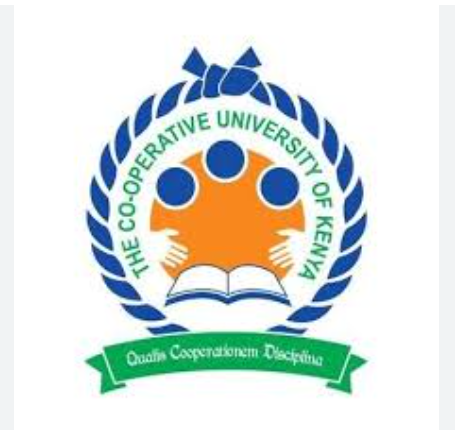Tuk Graduates Vs. Engineers Board: A Quest For Recognition And Justice

The graduation from the Technical University of Kenya (TUK) presents an exciting scenario to the Kenyan engineering fraternity- their graduates now sue the Engineers Board of Kenya (EBK). It is litigation fairly backed by deep-seated frustrations about recognition and certification, two vital ingredients in furthering one's career path in engineering.
As TUK graduates fight for justice, the case serves to 'open up' an entire generation of young professionals who are going through the unyielding system of implementing their dreams.
Understanding the Dispute
The Engineers Board of Kenya serves as the approving authority for engineering courses and is responsible for registering engineers to practice in Kenya. Graduates from TUK, however, claim that their long and rigorous programs designed to meet the industry's needs have not made them more marketable: most, if not all, have not attained the necessary recognition or registration as professional engineers.
The concerns raised revolve around the following issues:
- Program Accreditation: Graduates claim that delays or denials in the accreditation of the engineering program at TUK cause them difficulties.
- Career Progression: Graduate engineers can hardly acquire a job or climb the professional ladder without registration with EBK.
- Fairness and Transparency: The graduates also claim that there is no clarity or equity in EBK's processes.
The Legal Battle
The prolonged inaction has frustrated TUK graduates so much that they have gone to court to demand accountability. Their case seeks the following:
- Recognition of their engineering degrees as valid and accredited.
- Entitlement for registration as professional engineers.
- Reformation of EBK processes for fairness and timely accreditation.
- This legal war involves more than just individual grievances but fights for the systemic change that will affect thousands of aspiring engineers in Kenya.
Implications for the Engineering Sector
LawSuit by Graduates from TUK Reveals a Phalanx of Broader Issues in Engineering in Kenya:
- A Futile Development of Talents -The Nation's Need for Skilled Engineers to Drive Development Goals, Such as that of Vision 2030, Is Not Fulfilled in Relationship to the Safeguarding of Non-Graduate Qualifications. Such Actions End Announcing a Talented Engineer Shortage in the Sector.
- Public Distrust: Disqualified Fault-or Perceived to be Faulty-in Administrations Like That of EBK; Such Can Follow with the Trust between Stakeholders-from Students to Universities to Employers and Onto the General Public.
- Possible Economic and Societal Effects: The Delayed Progress on Career Lines for TUK Graduates Affects Individual Livelihoods and Acquisitions Denies Benefits to the Country.
What Needs to Change?
1. Accelerate Accreditation Processes
The EBK shall partner with institutions like TUK to ensure timely evaluation and accreditation of programs.
2. Increase Transparency
Restoration of trust and reduction in conflicts can take place through clear communication about accreditation criteria and progress updates.
3. Invest in Regulatory Reforms
Modernization of the EBK's operations through digital systems and stakeholder engagement shall make processes much more efficient and inclusive.
4. Support Alternative Pathways
Alternative routes especially international accreditation or alternative certification will ensure that graduates have choices in displaying their qualifications around the globe.
A Defining Moment for Kenyan Engineering
The lawsuit of TUK graduates against the EBK is not limited to a legal battle but has turned into a watershed moment for engineering education and regulation in Kenya. Regardless of whether it is through the courts or constructive dialogue, conflict resolution should be a priority for a brighter future for TUK graduates and the country at large.
As the case develops, it's a reminder that proper systems are vital to nurture engineering talent in Kenya. It will be remembered as a courageous leap for TUK graduates to fight for their rights, and perhaps their journey will lead to direction reforms for future generations.
Call to Action: Share your thoughts—what do you think can be done to bridge the gap between engineering graduates and professional recognition in Kenya? Let’s spark a conversation that drives meaningful change.



























Comments